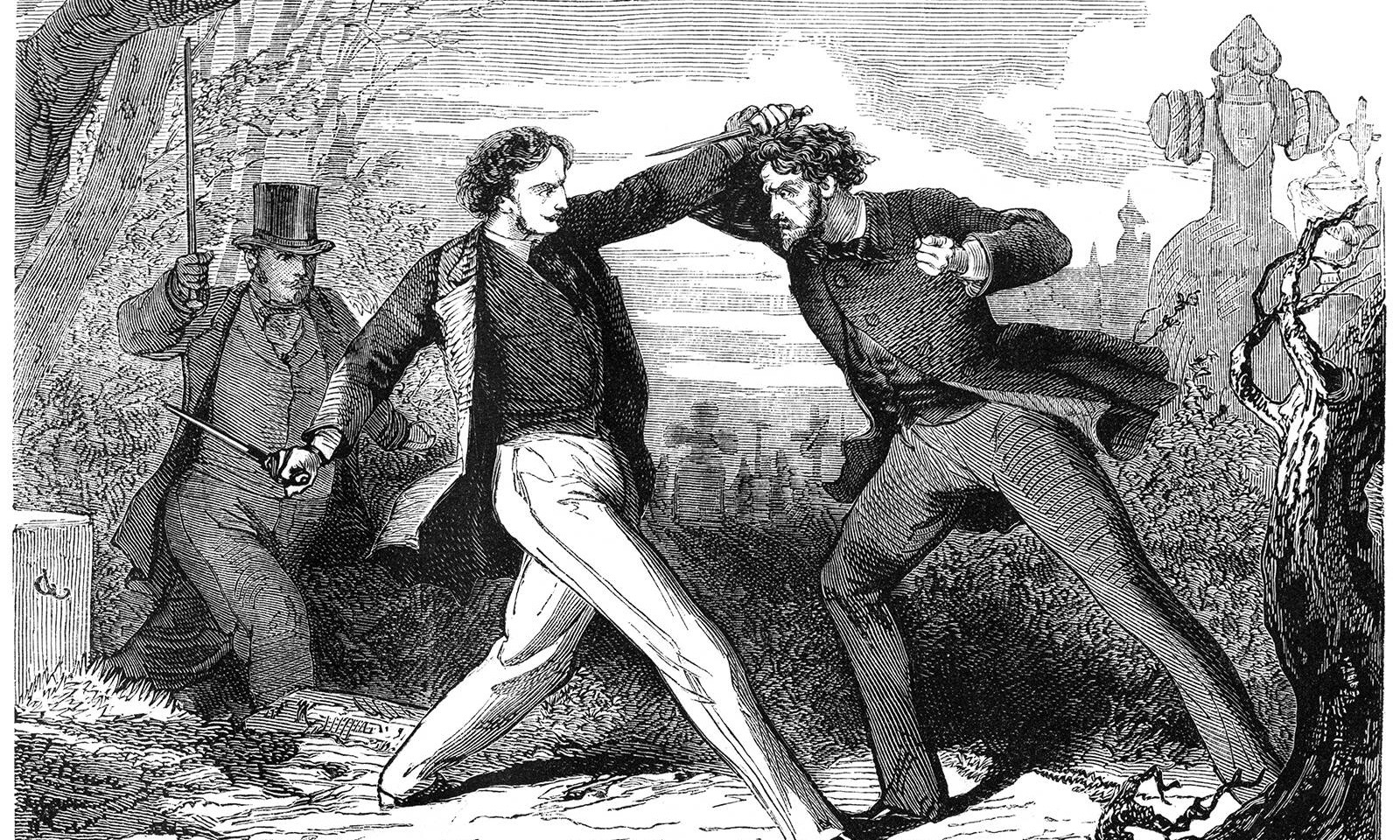French Government’s response to the Commission’s Article 17 implementation guidance document
As a response to the European Commission’s Targeted consultation document addressed to the participants of the stakeholder dialogue on implementation of Article 17 of the Directive 2019/790 on copyright and related rights in the Digital Single Market, the French Government published their observations last week. Therein, based on flawed understanding of the DSM Directive Article 17, of the Commission’s consultation document, and of the general copyright law principles, they oppose the guidance for implementation, proposed by the Commission.
In its response to the Commission’s consultation document, the French Government firstly pointed out that the consultation document supposedly strays away from the intended purpose of Article 17 (Article 13 in the initial DSM Directive draft from 2016), since it provides for broader user rights at the expense of the rightholders rights. In doing so, the French Government either intentionally or unintentionally neglects the fact that the current Article 17 text is a result of three years worth of negotiations between the stakeholders, and especially that the DSM Directive would not even have been adopted, had it not been for the changes introduced with the Article 17, advocating for safeguards protecting the users. The current Article 17 text, upon which the Commission’s consultation document is based, includes the requirement that “The cooperation between online content-sharing service providers and rightholders shall not result in the prevention of the availability of works or other subject matter uploaded by users, which do not infringe copyright and related rights […]”, which is in line with the DSM Directive’s purpose of providing for greater user rights.
The French Government also misinterpreted the Commission’s consultation document in the part where the document specifies that only the works deemed to be “likely infringing” can be automatically removed by the online platforms. According to its understanding, the determination of when the works are “likely infringing” depends on the perception of the users, which is simply not the case. In fact, the Commission’s consultation document proposes that the determination of works being “likely infringing” is made on the basis of technical parameters (e.g. the amount of uploaded content matching with protected works etc.), which is in line with Article 17’s purpose of preventing the use of automated content filters in cases where it is likely that the use of the works is legitimate.
Lastly, the French Government’s response erroneously interprets the core copyright law principles and states that the legitimacy of use always depends on the item which was used. Such interpretation of the copyright law fails to take into account that each individual use of a work must be assessed in order to determine whether the use is legitimate or infringing. It is wrong to assume that the use of work that is protected by copyright is always infringing, since oftentimes it is the context of the use that determines its legitimacy (e.g. the parody exception). It is precisely for this reason why unsophisticated automated content filters, for which the French Government is advocating, represent excessive violation of the freedom of expression and the users rights.
While the Commission’s consultation document does have its flaws, it is certainly a step in the right direction towards the implementation of a more balanced Article 17 that respects users rights. In the following months, it will be interesting to see whether the Commission will continue the implementation process along the set path, or it will bow under the pressure from rightholders, the example of which is the French Government’s response.
The response is available in French in full here, the English courtesy translation is available here.
The Grand Board of the European Union Intellectual Property Office (EUIPO) finally ruled that the figurative sign ‘COVIDIOT’ cannot be registered as an EU trademark.
The 4th Open Knowledge Day took place on Tuesday 17 October 2023, with an accompanying workshop on 18 October 2023. This year it was organised by the Open Data and Intellectual Property Institute (ODIPI) and supported by Knowledge Rights 21 (KR21).
We invite you to the fourth Open Knowledge Day and the workshop, which will take place this year within the framework of the programme and with the support of Knowledge Rights 21. The event will bring together experts from different European countries to discuss two topics: the first part will deal with the legal basis for data analytics, which is a key part of machine learning and related artificial intelligence, and the general exception for research. In the second part, open science in theory and practice will be presented both in Slovenia and in some Western Balkan countries. Representatives of research and educational institutions from Slovenia and the Western Balkan countries, as well as interested members of the public, are invited to attend.
Dr. Maja Bogataj Jančič, a renowned expert in copyright law, has joined the Berkman Klein Center for Internet & Society at Harvard University, where she will serve as an affiliate researcher for the next two years.





